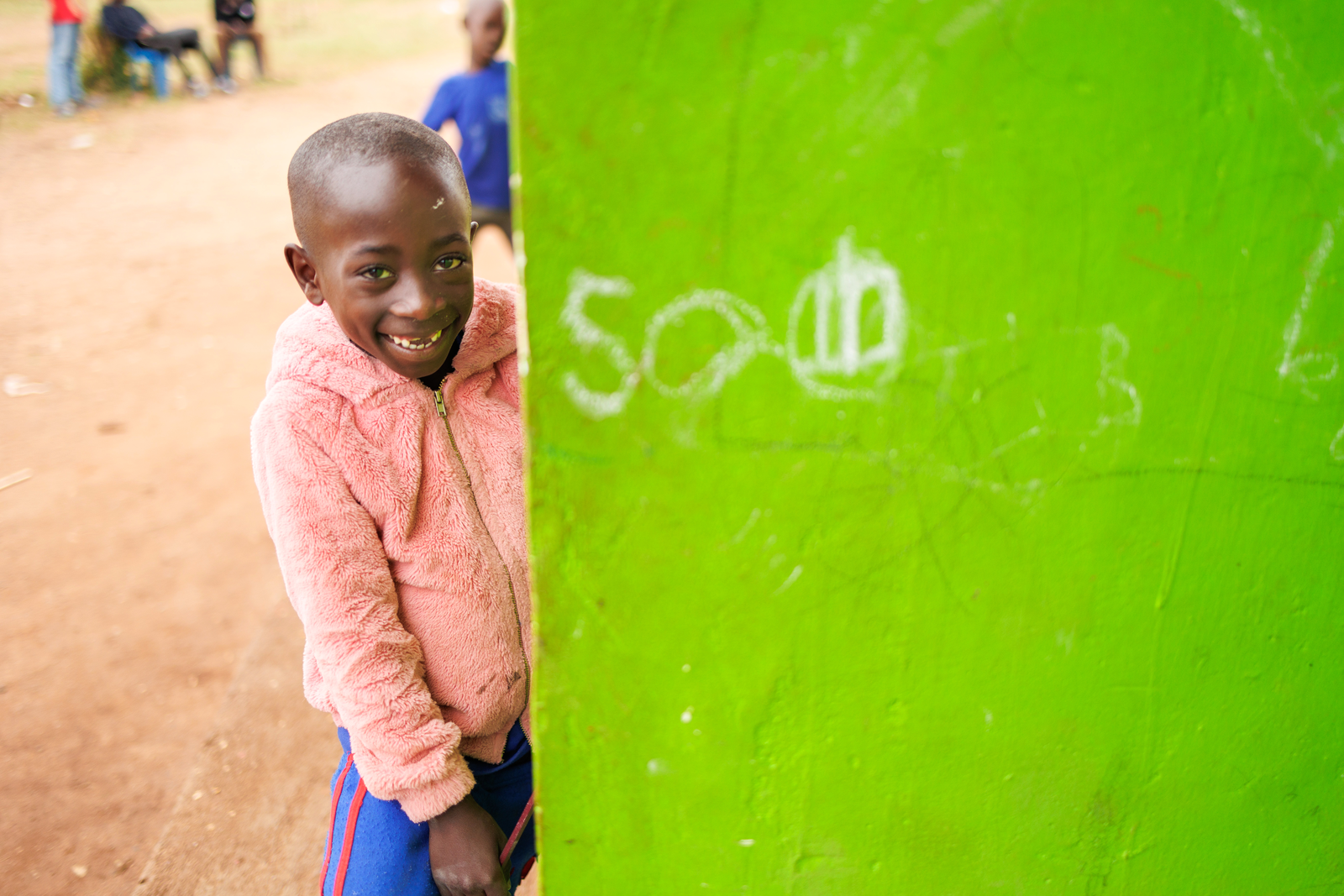
Landmark refugee plan launched to tackle Uganda’s education crisis
Children in conflicts, Education in emergencies, Refugees and internally displaced people
Aimed at helping the 353,000 refugees and 171,000 local children out of school, the Education Response Plan is the first of its kind worldwide.
Can you name the countries that have the world’s biggest refugee populations?
Turkey is the largest by far with 3.5 million, mainly because of the Syrian conflict and the war against Islamic State. Pakistan is host to 1.4 million, most of whom fled from Afghanistan.
But one other country is also home to 1.4 million refugees – and doesn’t grab the same global attention.
It’s Uganda, where refugees continue to arrive daily – most escaping from violence in South Sudan, the Democratic Republic of Congo and other conflict-affected countries in central and eastern Africa.
That’s left Uganda with an education crisis – how to get more than half a million children into school. At least 353,000 (57%) of refugee children in and 171,000 (34%) local children in refugee-hosting districts do not have access to education.
Now a groundbreaking plan has been launched to provide quality schooling for hundreds of thousands of refugees and local children in Uganda. The Education Response Plan (ERP) is the first of its kind worldwide and represents a huge policy step forward for refugee education.
The cost of the three-year plan will be $389 million. Education Cannot Wait – the fund set up for education in emergencies – is working to provide significant funding for the programme.
Gordon Brown, the United Nations Special Envoy for Global Education, said: “Today marks an important milestone in the way that the international community, together with host governments, address the crisis situation of the 75 million children and youth in armed conflict, refugee camps, natural disasters and countries affected by epidemics deprived of their right to a quality education.
More than 130,000 refugees have arrived in Uganda this year alone and at least 61% are under 18.
“This has put a severe strain on already limited school resources in local communities,” said a statement from Save the Children.
Education is hope. It brings a sense of normalcy to lives ravaged by war and suffering. Janet K. Museveni, Uganda's First Lady and Education Minister
“Many classrooms have no walls or electricity and lack latrines and basic sanitation facilities that are needed to accommodate so many children safely and with dignity. There is also a drastic shortage of teachers and basic materials such as books and desks.”
The Education Response Plan will:
- Build new classrooms and repair existing ones to make schools safer and more accessible
- Provide materials such as textbooks, desks and stationery
- Address the shortage and quality of teachers able to deliver quality education to refugees and local children
- Strengthen the national and district education systems
- Get older children who have dropped out of school back into education through accelerated education programmes and vocational training
The plan was launched by the Ugandan government, Partners in Development, UN agencies and NGOs including Save the Children, Plan International, BRAC, Norwegian Refugee Council and World Vision.
Uganda’s First Lady and Education Minister Janet K. Museveni said: “This is a children’s crisis.
“None of these children chose to become a refugee but they have had their lives ripped apart. Now we must give them the chance of a future.
“Education is hope. It brings a sense of normalcy to their lives ravaged by war and suffering. It protects them and helps them cope with their difficult situation, and builds a foundation from which they can reach their potential.”
In its first year of operation, Education Cannot Wait has delivered education to more than 650,000 children and youth caught up in conflicts and natural disasters.
It invested $82 million in 14 crisis-affected nations, reaching some of the most vulnerable and at-risk children.
Director Yasmine Sherif said: “When Uganda sets a model example of welcoming such significant number of refugees, focusing on their education – it is incumbent on the rest of the world to show the same generosity in supporting Uganda to sustain her shining example.”

More news

Theirworld initiative helps to deliver $30m of computers to Ukrainian children
